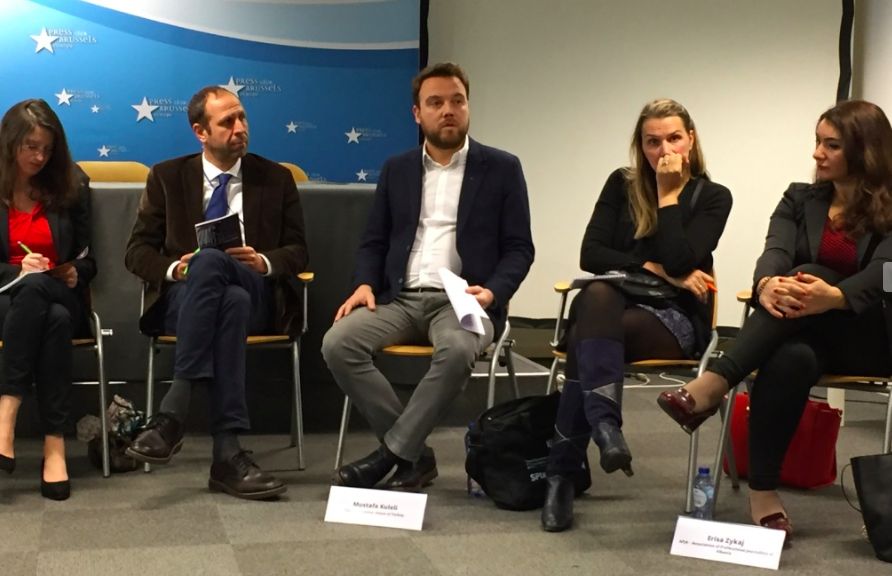BEOGRAD, 19.11.2017. – Članovi Grupe za slobodu medija organizovali su danas ulične akcije u pet gradova Srbije kako bi građane upoznali sa svojim zahtevima podnetim Vladi i Skupštini Srbije radi zaštite medijskih sloboda i bezbednosti novinara.
„Najvažniji deo akcije Grupe za slobodu medija je da podsetimo građane da su im mediji i novinari neophodni, jer ne mogu bez informacija“, izjavio je predsednik Nezavisnog udruženja novinara Srbije Slaviša Lekić, koji je građanima delio letke na Trgu Republike u Beogradu.
U lecima se građani pozivaju da podrže zahteve Grupe za slobodu medija, koja okuplja više stotina medija, organizacija, novinarskih i medijskih udruženja, a osnovni cilj je da se spreči dalje urušavanje slobode medija.
Akcija Grupe je organizovana na tri mesta u Beogradu, na Trgu Republike, u Knez Mihajlovoj i na Terazijama, ali i u Novom Sadu, Nišu, Kragujevcu i Vranju.
Lekić je istakao da građani ne mogu bez novinara šta god da o njima mislili i da je važno da podrže novinare u borbi za slobodu medija.
On smatra da odziv građana pokazuje da je akcija Grupe za slobodu medija uspela.
Novinarka Vremena Jovana Gligorijević je ocenila da je u 13 zahteva Grupe za slobodu medija ukazano na sve probleme na medijskom tržištu, uključujući pitanje medijskih sloboda, samoregulacije i regulacije.
Svih 13 zahteva je jednako bitno, a suština problema je u tome što imamo zakone koji su nepoštuju ili se namerno krše, ukazala je Gligorijević.
Njena koleginica, Tamara Skrozza rekla je da članovi Grupe za slobodu medija deljenjem letaka pokušavaju da objasne građanima šta zaista žele novinari i šta su zatražili od Vlade i Narodne skupštine.
„Do građana su do sada došle samo interpretacije naših zahteva i to iz usta onih koji predstavljaju tu vladu ili su joj bliski“, smatra Skrozza.
Ona je istakla da novinari žele pravo da rade i govore u normalnim okolnostima.
„To je pravo ne samo novinara, nego i građana koji imaju pravo da izraze svoje mišljenje i da pri tome ne osećaju strah ili nekakvu stegu“, dodala je Skrozza.
Ona smatra da su politički pritisci, nepotizam i korupcija uzroci nepoštovanja zakona.
Prema Skrozzi, zakoni sami po sebi nisu tako rđavi, ali ih vladajuće elite besramno gaze i to pred svima, a da novinari ne mogu ništa.
„Naša elementarna prava su uništena i pogažena. Džaba nam svi zakoni ovog sveta ako se oni ne poštuju ili ako su u funkciji nečije političke volje, nečijih interesa ili prijateljskih i kumovskih veza“, ukazala je Skrozza.
Ona je istakla da joj optimizam budi činjenica da su se novinari pokrenuli.
„Vlast se već godinama trudi da nas umori i učini nevidljivima, a mi im sada pokazujemo da nisu uspeli u tome“, smatra Skrozza.
„Bilo kakav efekat ove akcije da bude, ja sam zadovoljna što smo mi, makar, pokazali da smo živi. U odnosu na situaciju od pre dva tri meseca, to je strašno veliki uspeh. Pokazujemo im da postojimo i da uprkos svemu i dalje radimo i verujemo u ono što smo izabrali da radimo“, zaključila je Skrozza.


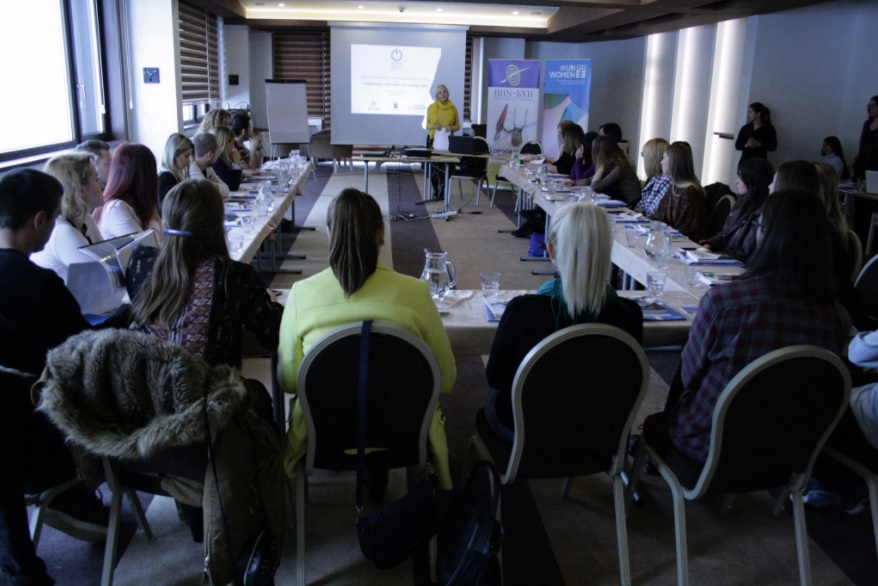
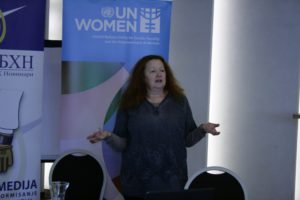
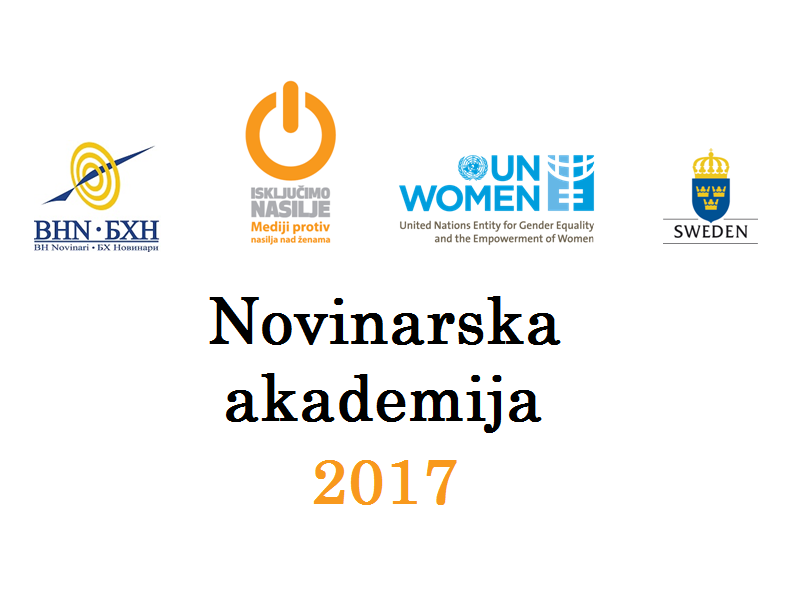

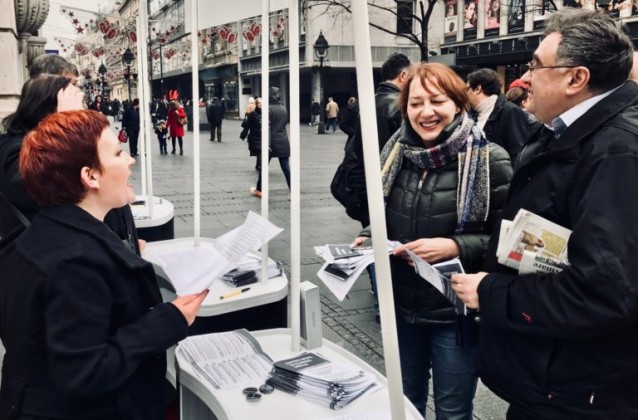
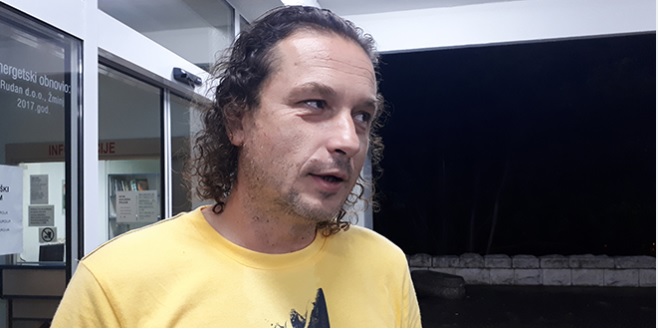
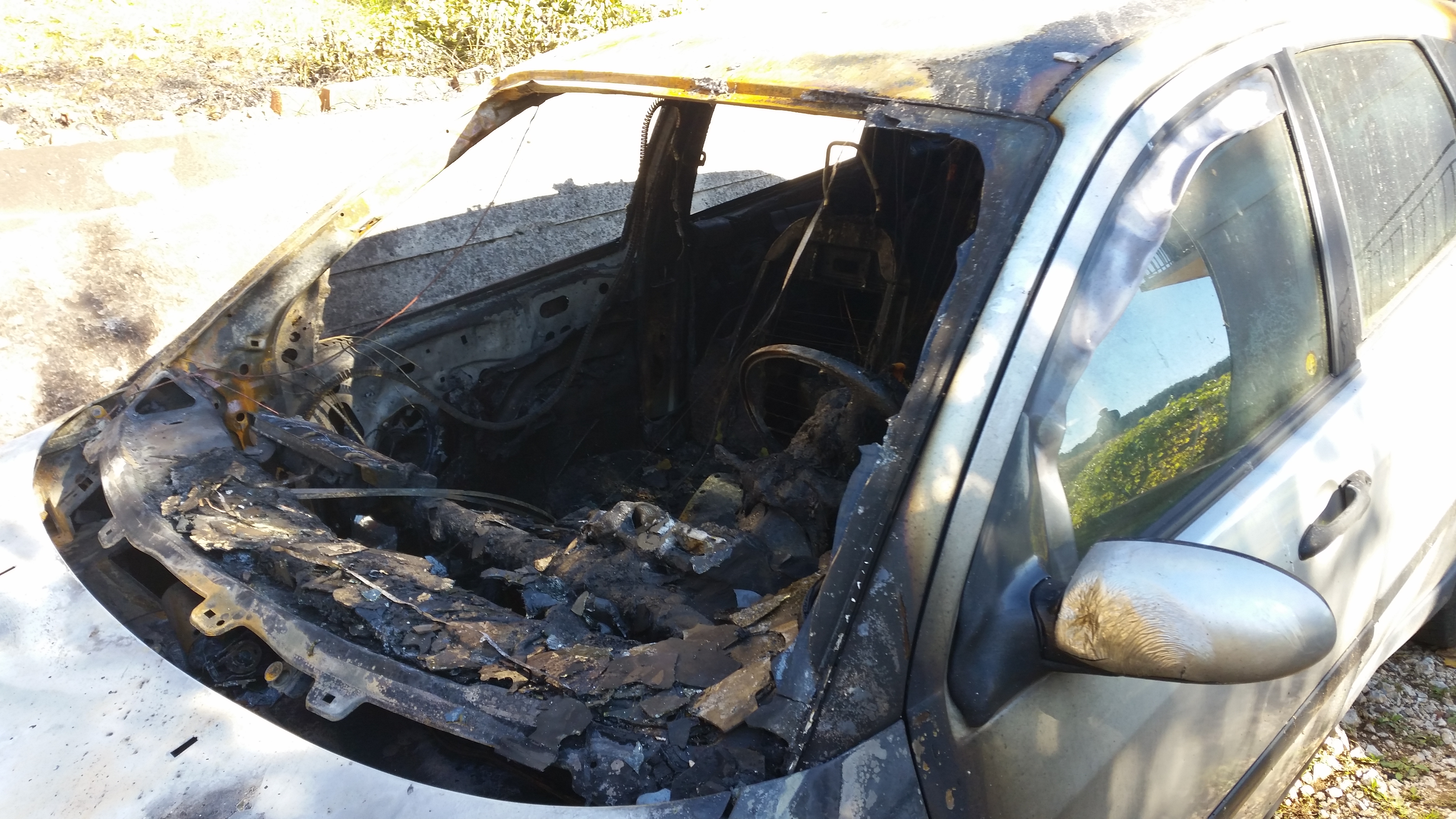
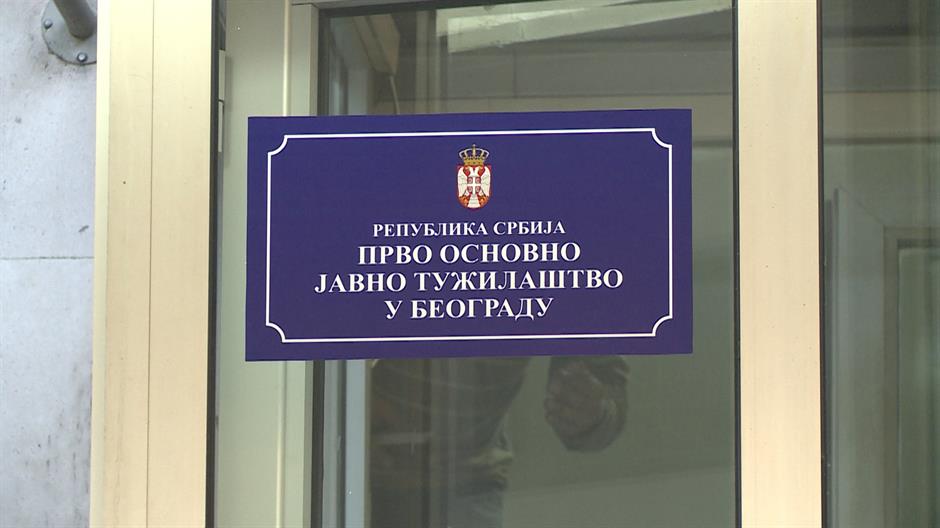
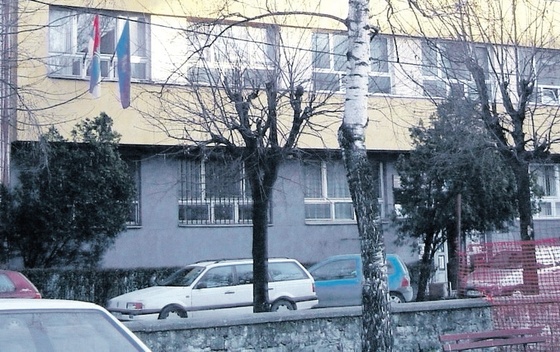
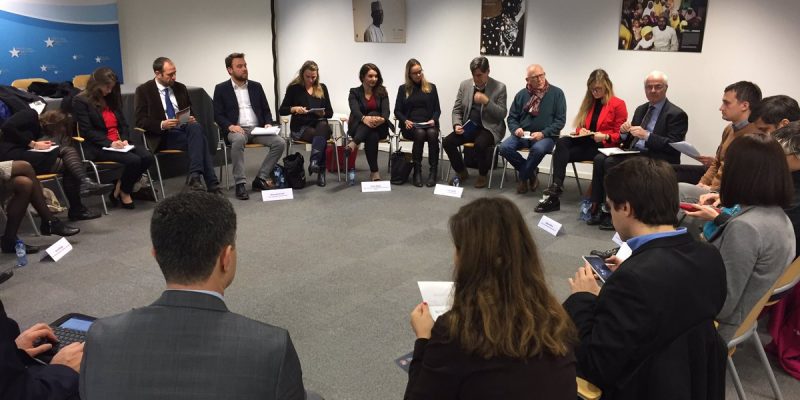
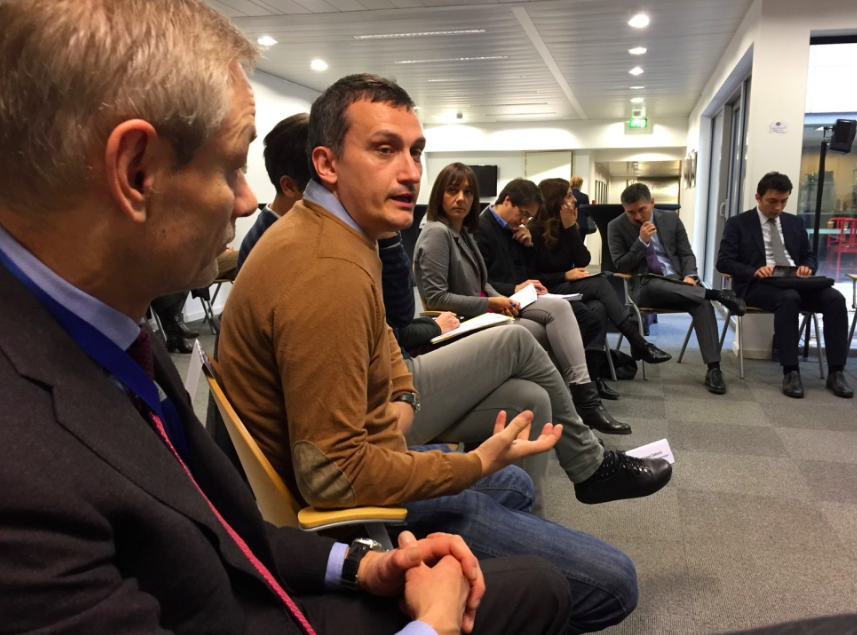
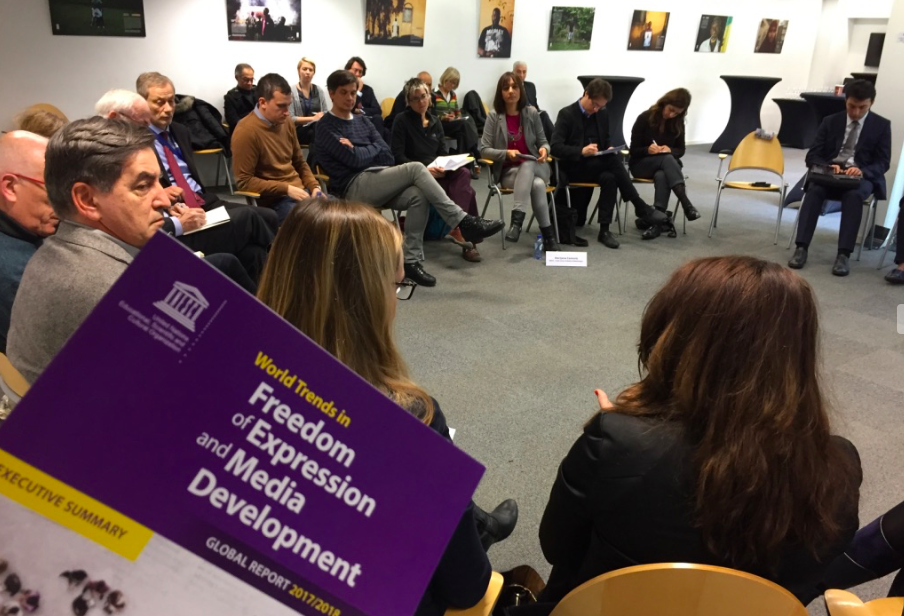 In Turkey,
In Turkey, 